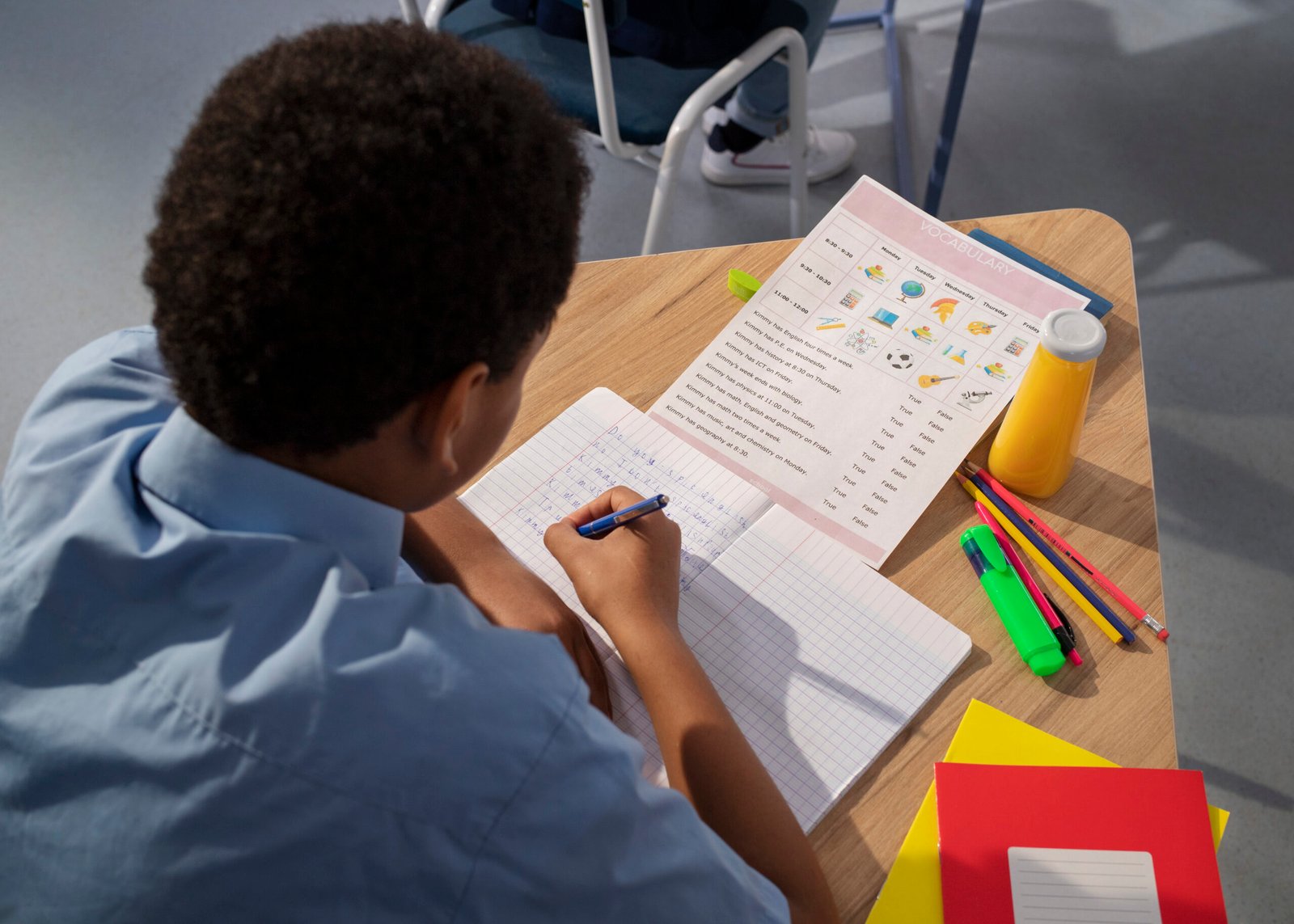Five Grade 10 Effective Study Habits for Guaranteed Success This Summer
Summer break is the perfect time to level up your math skills without the stress of school deadlines. If you’re struggling with math, don’t worry; you’re not alone. The key to success isn’t just working harder but working smarter.
Here are five research-backed study habits to help you ace Grade 10 math (and beyond) this summer.











